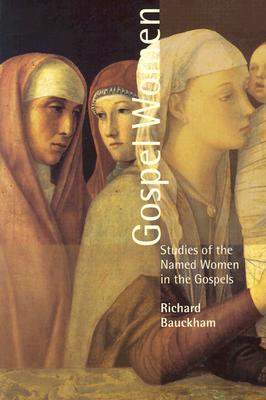
description
women in the Gospels, but this is a new kind of book on the subject. Rather than offering a general overview of the Gospel women or focusing on a single theme, Richard Bauckham studies in great depth both the individual women who appear in the Gospels and the specific passages in which they appear. This unique approach reveals that there is much more to be known about such women than previous studies have assumed. Employing historical and literary readings of the biblical texts, Bauckham successfully captures the particularity of each woman he studies. An opening look at the Old Testament book of Ruth introduces the possibilities of reading Scripture from a woman's perspective. Other studies examine the women found in Matthew's genealogies, the prophet Anna, Mary of Clopas, Joanna, Salome, and the women featured in the Gospel resurrection narrative. A number of these women have never been the subject of deep theological enquiry. Unlike most recent books, Bauckham's work is not dominated by a feminist agenda. It does not presume in advance that the Gospel texts support patriarchal oppression, but it does venture some of the new and surprising possibilities that arise when the texts are read from the perspective of their female characters. Astute, sensitive to issues of gender, and written by one of today's leading theologians, Gospel Women will be of interest to a wide range of readers.
member goods
No member items were found under this heading.
Return Policy
All sales are final
Shipping
No special shipping considerations available.
Shipping fees determined at checkout.







